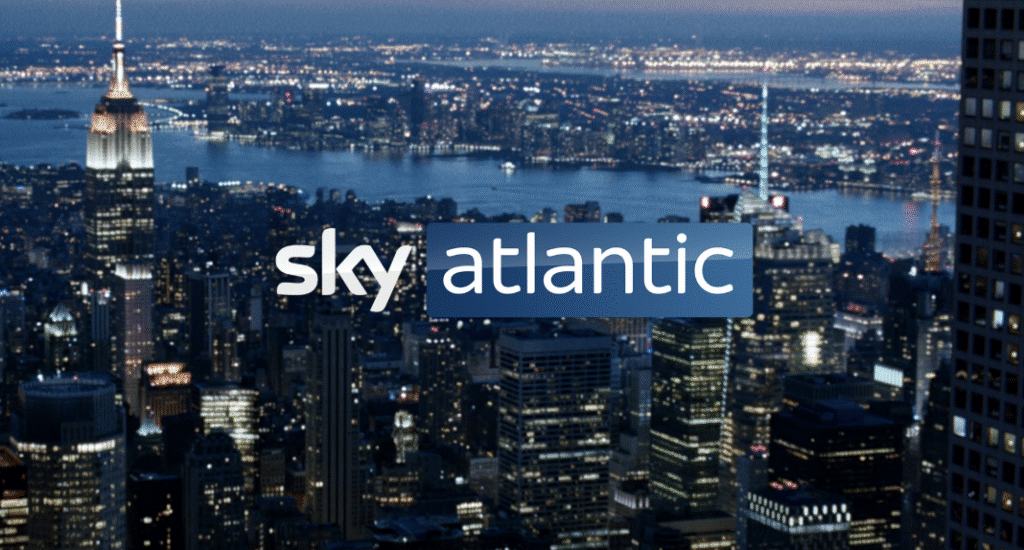- Almost half of music fans who have attended live music events are ‘not confident’ in identifying a ticket resale platform, according to new research by O2 and the YouGov analysis institute
- Ticket touts are profiting from music fans to the tune of £145m per year
- O2 – which sells over a million tickets per year through its Priority customer reward platform – says “We are tired of professional ticket touts abusing the market and stealing tickets out of fans’ hands. Music fans deserve the chance to buy tickets at a price set by their favourite artist, but all too often they are forced to pay a price decided by a stranger on the internet. Consumers deserve more protection.”
- Over a six-week period, O2 prevented more than 50,000 suspected bots from entering its Priority platform
- With the research revealing that approximately one in five tickets end up on a resale platform, O2 is issuing advice for fans forced to buy from the secondary ticket market
- A longtime supporter of FanFair Alliance, the UK campaign against industrial-scale online ticket touting, O2 is also calling upon resale websites to be more upfront with consumers and putting its full support behind government plans for ticketing reform
O2 – which sold 1.4 million tickets via its Priority platform in 2023 – has shared new research which indicates almost half (48%) of music fans who have attended live music events find it difficult to identify a ticket resale platform, and that ticket touts are profiting from fans to the tune of approximately £145 million per year. In its efforts to keep tickets in the hands of music fans, O2 has also revealed that it stopped more than 50,000 suspected bots from entering its Priority platform in just a six-week period.
As a longtime supporter of FanFair Alliance – the UK campaign against industrial-scale online ticket touting – O2 backs government plans to ban the resale of tickets for significant profits and is calling on businesses to protect consumers with clearer and more upfront information. It is also sharing tips for music fans struggling to navigate a ticket market flooded by greedy touts.
“We are tired of professional ticket touts abusing the ticket marketplace and stealing tickets out of fans’ hands, only to immediately relist them at inflated prices. Music fans deserve the chance to buy tickets at a price set by their favourite artist, but all too often they are forced to pay a price decided by a stranger on the internet,” commented Gareth Griffiths, Director, Partnerships and Sponsorship at O2. “Consumers deserve more protection and better information about the tickets they’re paying for.”
O2 believes three things are needed to combat confusion in the market and is calling for:
- Better legislation against the sale of concert tickets for significant profits. With 63% of music fans who have attended live music events believing there should be rules in place around ticket resale according to its research, O2 fully supports government plans to bring in new laws to protect fans.
- Clearer information during the sale process on ticket resale platforms, such as a pop-up notification which fully explains who the ticket is being bought from and the potential risks involved.
- Clearer identification of ticket resale platforms on search engines. Resale websites can currently buy their way to the top of search results, without having to mention their tickets are second-hand.
Gareth Griffiths, Director, Partnerships and Sponsorship at O2 shared the following tips for music fans in the meantime:
- Check artist’s social media and websites for official ticket partners
Artists will always link to official ticket sellers in posts on their social media and official websites and these should be the first place you check before you buy tickets.
We often rely on search engines and trust the first results we see – but that does not necessarily mean the website at the top of the results is an official ticket seller, it just means the website pays a lot of money to companies like Google.
If a ticket is being sold on a website such as Viagogo, or on social media, it is important to recognise that this is NOT a ticket being sold directly by the artist or promoter. It is being resold by another human being, who has independently decided the price that they want to sell it for.
- Know the risks associated with buying a second-hand ticket
Whilst it’s often the only option available to music fans when shows are sold out, buying a second-hand ticket always comes with risks. 60% of music fans who have attended live music events buying tickets from the resale market are worried about being sold a fake one. This anxiety is not unfounded. Platforms like Viagogo may offer fans a full refund if they fall foul of a ticket scam, but they cannot guarantee entry to the show, all too often leaving victims heartbroken, embarrassed, and out of pocket on travel expenses outside of a show that they cannot get into.
- Not all resale platforms are made equal. If you need to sell a ticket, select a fair one
Many music fans have a genuine need to resell a ticket when they can no longer make a show – life happens – but how they resell it matters. There are fan-to-fan platforms, such as Twickets and Ticketmaster’s resale marketplace, where tickets can be resold for no more than the price originally paid (plus fees). This helps to keep a fairer playing field for genuine fans and stops the prices of second-hand tickets from spiralling way beyond their face value.
“We set up our O2 Priority Tickets platform to reward O2 customers with pre-sale access to the biggest shows in the world, from Beyoncé to Dua Lipa,” added Gareth Griffiths. “Customers can buy tickets via Priority safe in the knowledge that the tickets are genuine and that they are paying a price set by the artist and their team. On behalf of our customers, we will not give up the fight for a fairer ticketing marketplace which does not leave them confused and anxious.”
Sharon Hodgson, MP for Washington & Gateshead South & Chair of the APPG for Ticket Abuse said: “I have fought tirelessly alongside FanFair Alliance to end ticketing abuse and ensure that my constituents, and people across our country, have fair access to the events that bring us together, without falling victim to exploitative touts. These new insights serve to further demonstrate the desire amongst music fans for change and we look forward to collaborating with O2 and the music industry to bring that change about. We will not stop until we are fully confident in the fairness of the UK’s ticketing industry.”
press enquiries
press enquiries







